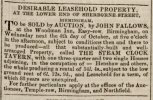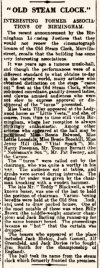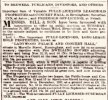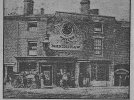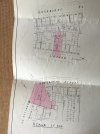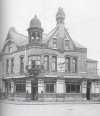Heartland
master brummie
As already noted in the Queens Theatre thread, the Steam Clock in Morville Street. John Inshaw, engineer had taken over the property that became the Steam Clock and which became a Tavern. The clock was said to have been installed in 1839, when Inshaw was very active in experiments with different uses of steam for traction. The exact method of construction seems not to have been recorded. When later in use as the Steam Clock Concert Hall, performers there included Vesta Tilley, Dan Leno and Nellie Wallace. Admission into the hall was 3d and that included a pint of beer. The Steam Clock Concert/ Music Hall was demolished in 1903.

